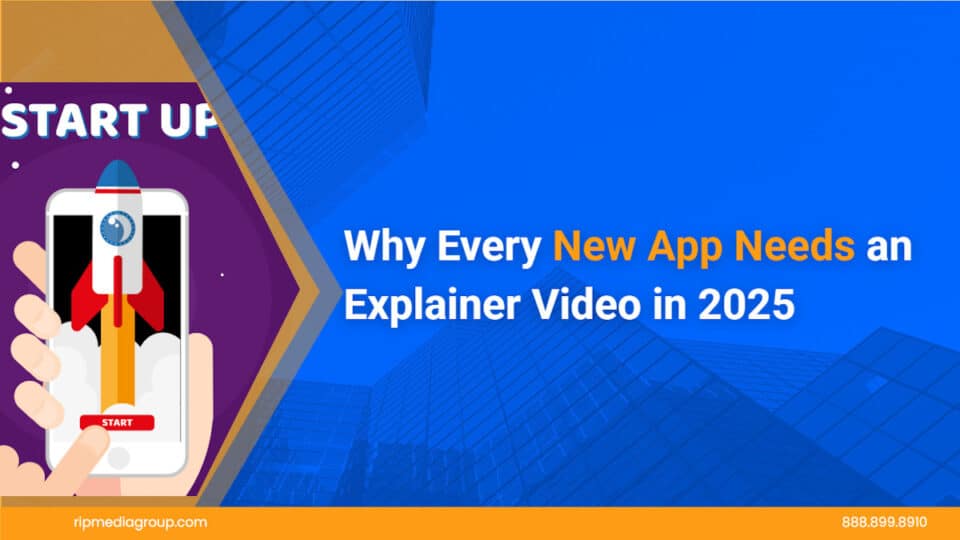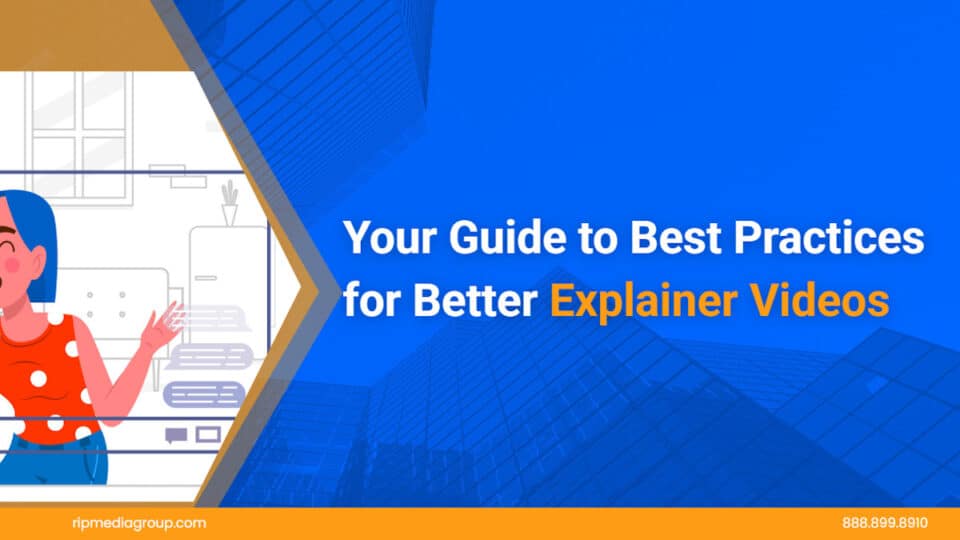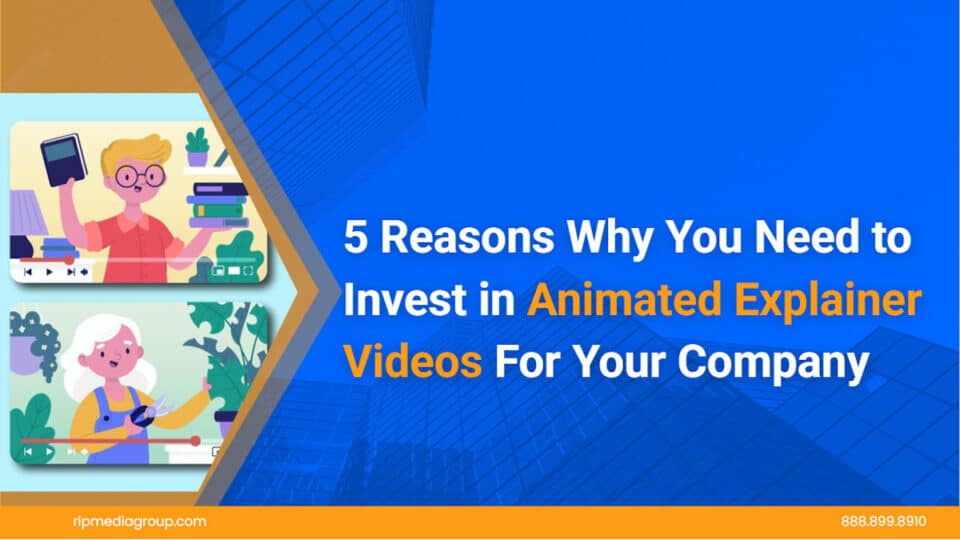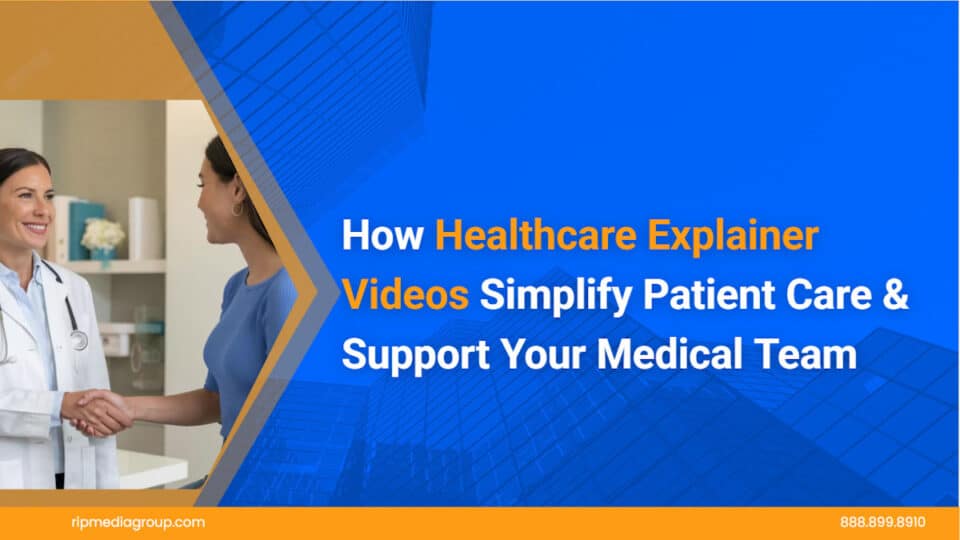Impatient Science: Receiving the Diagnosis
October is Breast Cancer Awareness Month and we want to share our passion, enthusiasm, and support of the Dr. Susan Love Research Foundation. The Foundation is a charity that researches the best methods of preventing, detecting, treating and creating a world without breast cancer. We have had the honor of collaborating with Dr. Susan Love to create a series of explainer videos called Impatient Science to educate and guide newly diagnosed patients and their families and friends.
Throughout this month, we will be posting a series of blogs highlighting the ideas presented in the explainer video series. This is the first part of the four part series.
“We knew going in that my mother was sick,” says L, the daughter of a breast cancer patient. “We encouraged her to go to the doctor, but she was stubborn, and it wasn’t like we could force her.”
“It wasn’t until she had a completely unrelated problem that she finally got her breast looked at. I remember the moment I received her diagnosis over the phone. Even though we’d suspected cancer, I was in shock. I had trouble continuing the conversation, and I kept asking the doctor for the same details, over and over.”
The Moments After Diagnosis
L’s story isn’t unusual. Many patients and family members are in shock after receiving a cancer diagnosis.
As these educational explainer videos suggest, in those first moments, it’s important to stay calm. Breast cancer is serious, but the diagnosis itself isn’t an emergency. Nothing has changed, and your situation is not any more urgent after you received the call than it was before. That is why the first video is this series addresses this very issue.
Many women have the first impulse to blame themselves for the diagnosis: the food they eat, for instance, or a history of drinking or smoking. This is an understandable reaction — it’s an attempt to regain control over the situation, at any cost — but it’s not reasonable. Many factors contribute to cancer, including environmental factors that you have little to no control over. There’s no one factor that “gave you” cancer, and blaming yourself doesn’t change anything. In these videos, Dr. Love sought out to make one thing very clear – “this is not your fault.”
Take this moment to view the very first video in this series.
Breast Cancer Research – #101 – Animation from Rip Media Group on Vimeo.
Types of Breast Cancer
The educational video series goes on to explain the several kinds of cancer. Some are life-threatening, and some aren’t. Each is different and gets treated differently, so communicating with your doctor and understanding your condition is very important. These videos are intended to simplify a heavy topic and help the viewer gain a better understanding of the diagnosis, types, and treatments for breast cancer.
As the videos state, many carcinomas are comparatively limited. They may appear only in the breast’s milk ducts or in the lobules that produce milk. While these are abnormal cells, they aren’t actually cancer and aren’t life-threatening.
If these abnormalities begin to appear in the tissue surrounding the ducts or lobules, this is called invasive breast cancer. If these abnormalities leave the breast and appear in other organs, doctors call this stage 4 breast cancer, or metastatic breast cancer. Again, all of these different conditions have different treatment options and different prognoses, so it’s important to communicate with your doctor and do your best to understand your diagnosis. The goal of these videos is to increase awareness and understanding and give you a language to engage in this new conversation.
A breast cancer diagnosis is the opening of a new chapter in your life. That can be scary, but you’re not alone. You have the support of your friends, family, doctors, and The Dr. Susan Love Research Foundation. With these people on your team, you’ll make it through.
This concludes part 1 of this four-part series. Part 2 will examine metastatic breast cancer. If you’re interested in learning more about breast cancer, or you want to make a donation to the Dr. Susan Love Research Foundation, visit https://www.drsusanloveresearch.org
Whatever your story, we’re here to help. Rip Media Group … your story starts here!






